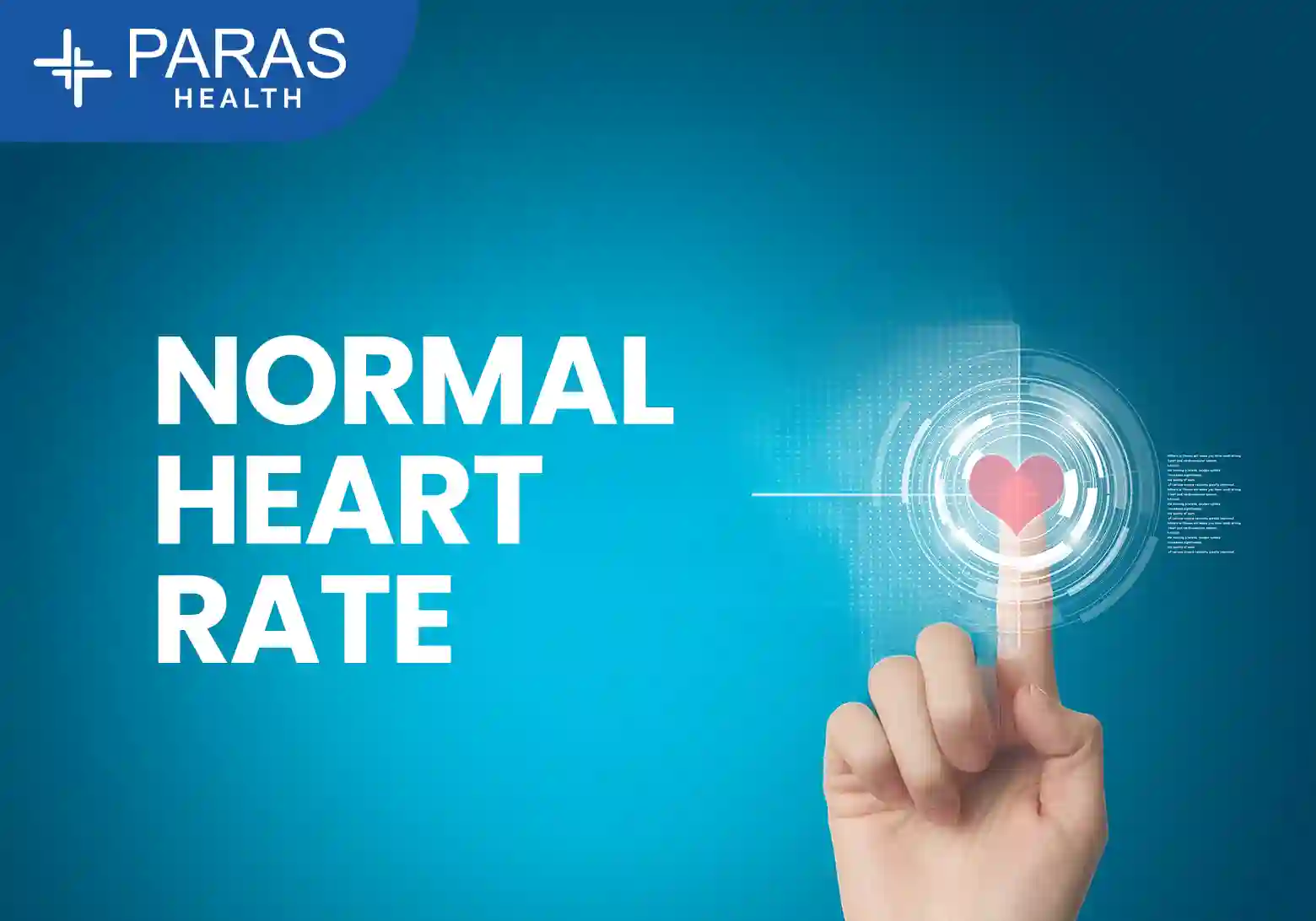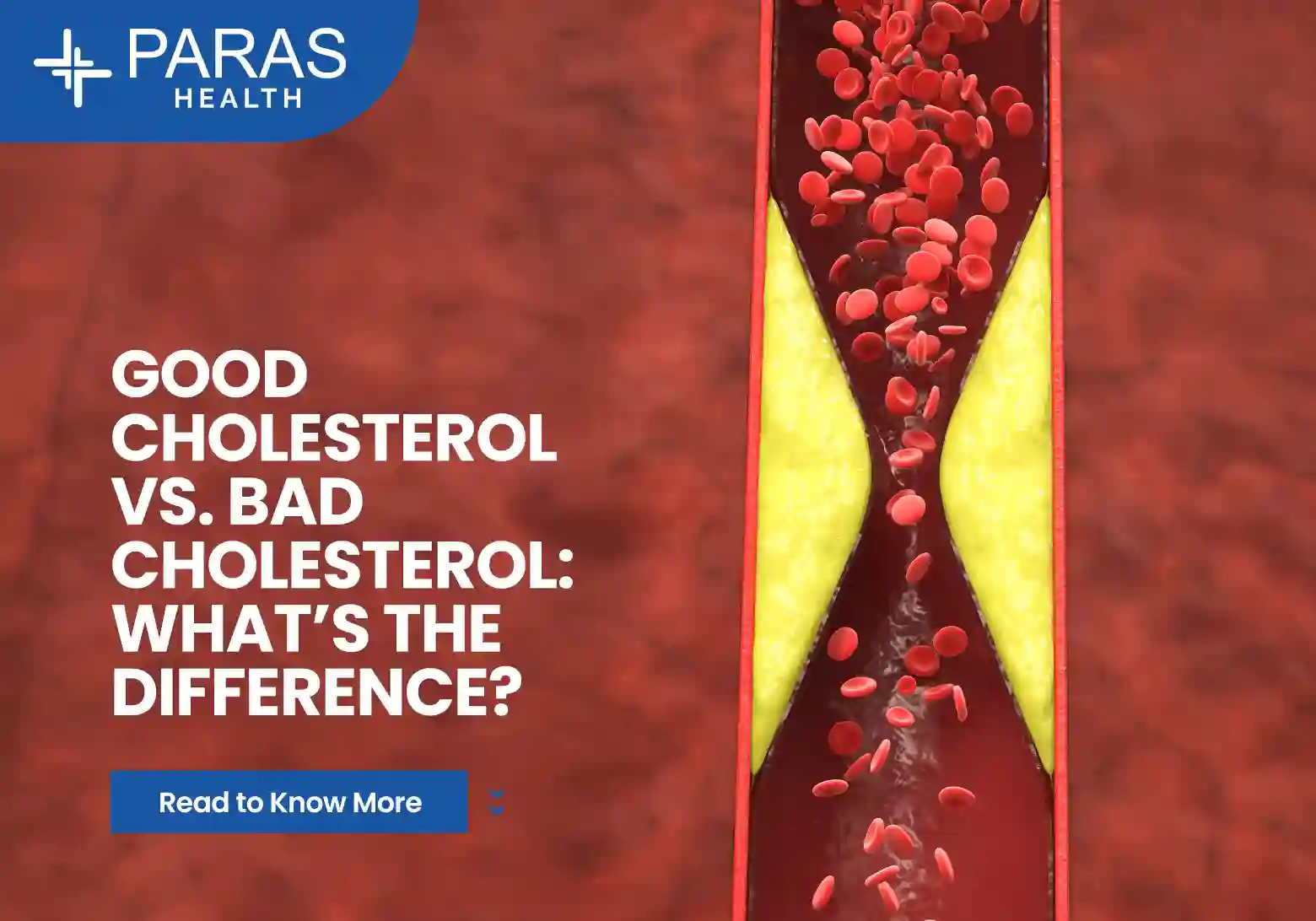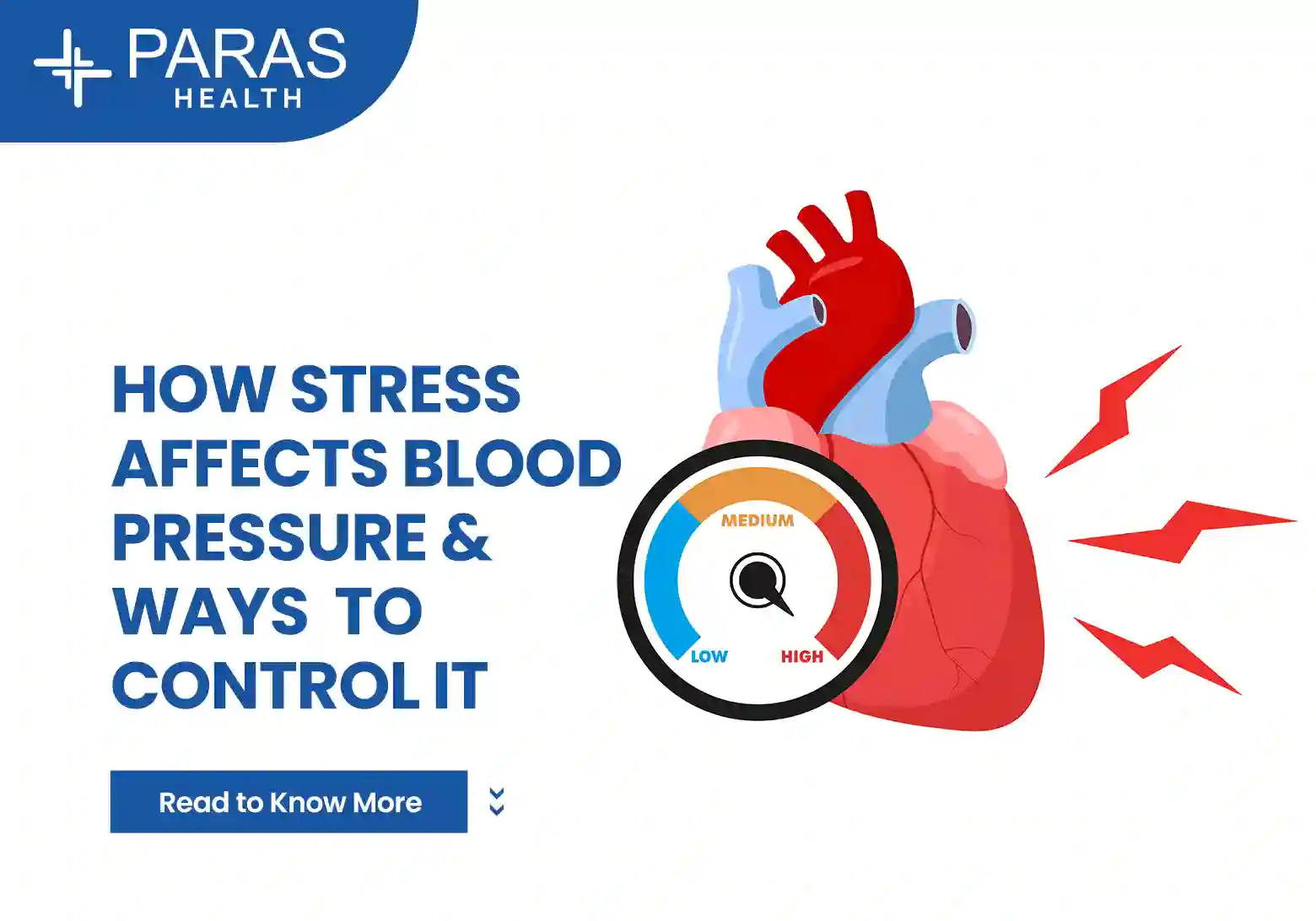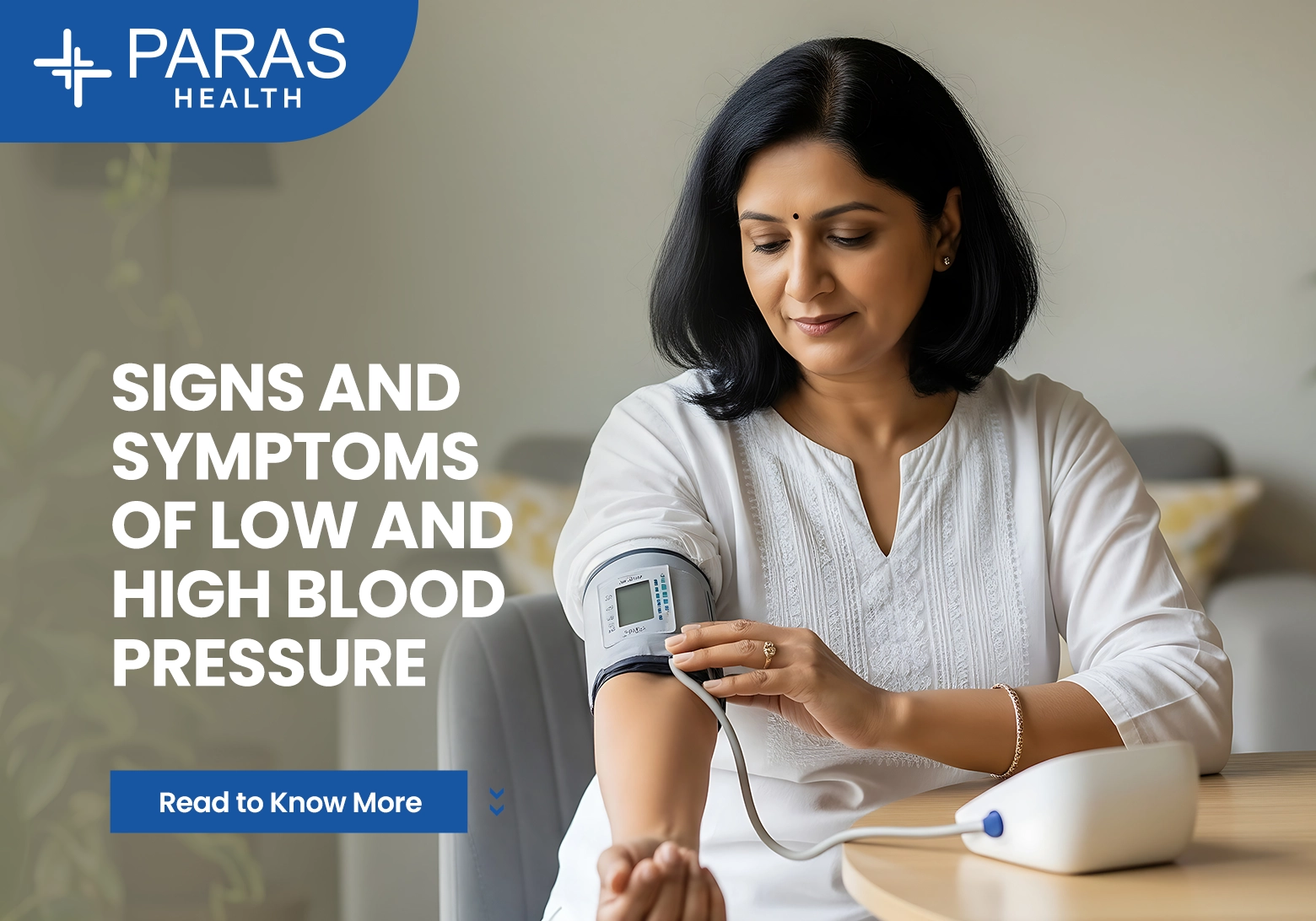Normal vs Dangerous Heart Rate: What Your Pulse Says About Your Health
Jul 14, 2025
Is my heart rate normal?
What is a dangerously high pulse rate?
Should I worry if my heart rate is too low?
Your heart rate — or pulse — is one of the simplest yet most important indicators of your health. Whether you're resting, walking, sleeping, or stressed, your heart rate can say a lot about how your body is functioning.
In this blog, we'll break down:
- What’s a normal heart rate
- What makes it too high or too low
- What your pulse rate says about your overall health
- And when it’s time to see a doctor
Let’s make it easy to understand, step by step.
What Is Heart Rate or Pulse?
Heart rate (also called pulse rate) is the number of times your heart beats in one minute. It's usually measured in beats per minute (BPM).
👉 Voice Search Tip: “What is a normal pulse rate?”
You can feel your pulse on your wrist, neck, or chest. Most smartwatches and fitness trackers now also show your heart rate 24/7.
What Is a Normal Heart Rate?
For adults, a normal resting heart rate is typically between 60 to 100 beats per minute.
|
Age Group |
Normal Resting Heart Rate (BPM) |
|
Children (6–15 yrs) |
70–100 bpm |
|
Adults (18–60 yrs) |
60–100 bpm |
|
Athletes |
40–60 bpm (due to higher fitness) |
Lower is usually better: especially if you’re fit. A well-trained heart doesn't need to beat as often to do its job.
When Is Heart Rate Considered High or Low?
High Heart Rate (Tachycardia)
What is a dangerously high heart rate?
If your resting heart rate is over 100 bpm, it may be considered tachycardia. It's not always dangerous, but could signal:
- Dehydration
- Fever or infection
- Stress or anxiety
- Anemia
- Thyroid issues
- Heart problems
Is 120 bpm too high for resting heart rate?
Yes, especially if you're not doing any physical activity. It could require medical attention.
Low Heart Rate (Bradycardia)
What is the lowest safe heart rate?
If your heart rate falls below 60 bpm (and you're not an athlete), it may be bradycardia. It can be caused by:
- Sleep
- Certain medications (like beta-blockers)
- Hypothyroidism
- Heart block or electrical problems in the heart
Is 50 bpm too low for resting heart rate?
Only if you're feeling dizzy, tired, or short of breath. In athletes, it's often normal.
What Can Your Pulse Say About Your Health?
Why does heart rate matter?
Your heart rate gives clues about:
- Fitness level: Lower resting heart rate = better cardiovascular health
- Hydration: Dehydration raises heart rate
- Stress levels: Anxiety can spike your pulse
- Heart health: Irregular patterns may point to arrhythmia
- Medication effect: Some drugs slow heart rate intentionally
Why is my heart beating fast for no reason?
Could be anxiety, dehydration, caffeine, or a heart rhythm issue.
Other Terms You Should Know
|
Term |
Meaning |
|
Tachycardia |
High heart rate (>100 bpm) |
|
Bradycardia |
Low heart rate (<60 bpm) |
|
Arrhythmia |
Irregular or skipping heartbeats |
|
Heart Rate Variability (HRV) |
Variation between heartbeats, a sign of fitness and stress |
How to Check Your Heart Rate
How do I check my pulse?
Manually (Wrist Method):
- Place two fingers (index and middle) on the inside of your wrist
- Count the beats for 15 seconds
- Multiply by 4 to get BPM
Or, use:
- Smartwatch
- Fitness band
- Heart rate monitor
- Pulse oximeter
- At-home ECG monitor
Tips to Maintain a Healthy Heart Rate
How to reduce resting heart rate naturally?
- Stay hydrated
- Exercise regularly – cardio, walking, yoga
- Sleep well – 7–8 hours daily
- Avoid smoking and alcohol
- Cut down caffeine intake
- Manage stress – through meditation, deep breathing
- Eat heart-friendly foods – oats, garlic, fruits, green leafy vegetables
When to Worry About Your Heart Rate
“When should I see a doctor for heart rate issues?”
See a doctor if:
- Your resting heart rate is consistently >100 or <60 bpm
- You feel dizzy, faint, breathless, or have chest pain
- Your heart rate is irregular or skips beats
- Your pulse doesn’t return to normal after rest
- You have underlying conditions like diabetes, thyroid, or heart disease
Tests to Evaluate Heart Rate
Your doctor may suggest:
- ECG test (electrocardiogram)
- Holter monitor (24-hr ECG)
- Blood tests (for thyroid, anemia, etc.)
- Echocardiogram
- Treadmill test (TMT)
Where can I get my heart rate checked?
You can book an ECG test or a full heart health package at any multispecialty hospital like Paras Health.
Final Thoughts: Listen to Your Heart (Literally!)
Your heart doesn’t shout — it beats. Listening to your pulse is one of the smartest health habits you can build.
Don’t ignore symptoms like rapid pulse, irregular heartbeats, or unexplained fatigue. These could be early signs of a bigger issue.
Want to get your heart checked today?
Call 8080808069 to book an appointment with a cardiologist at Paras Health.










